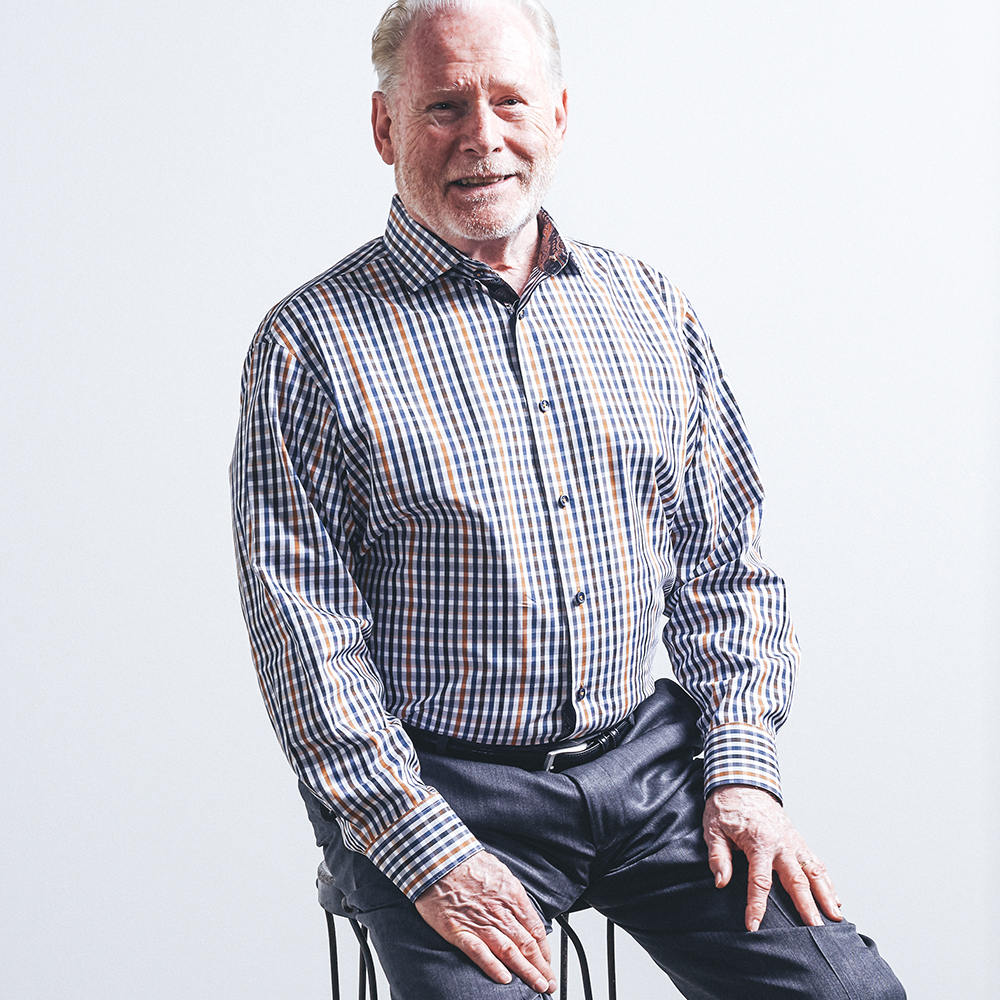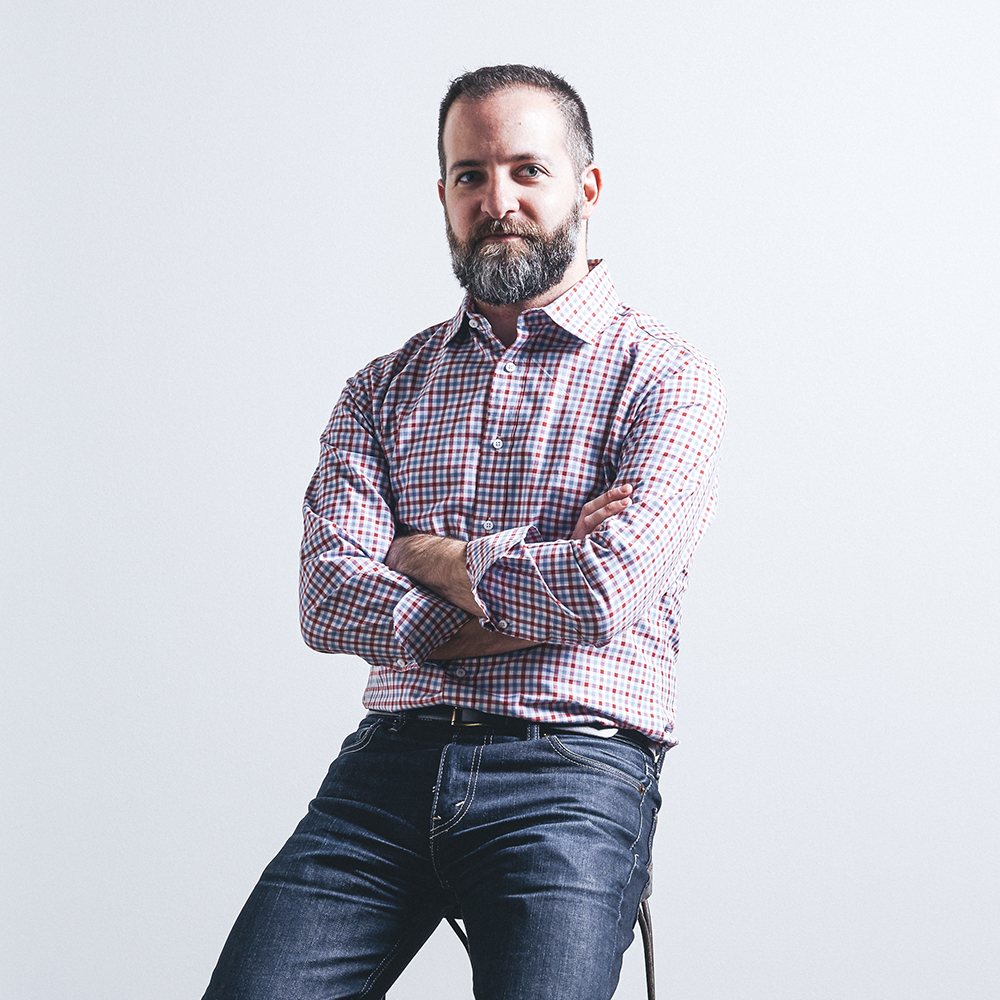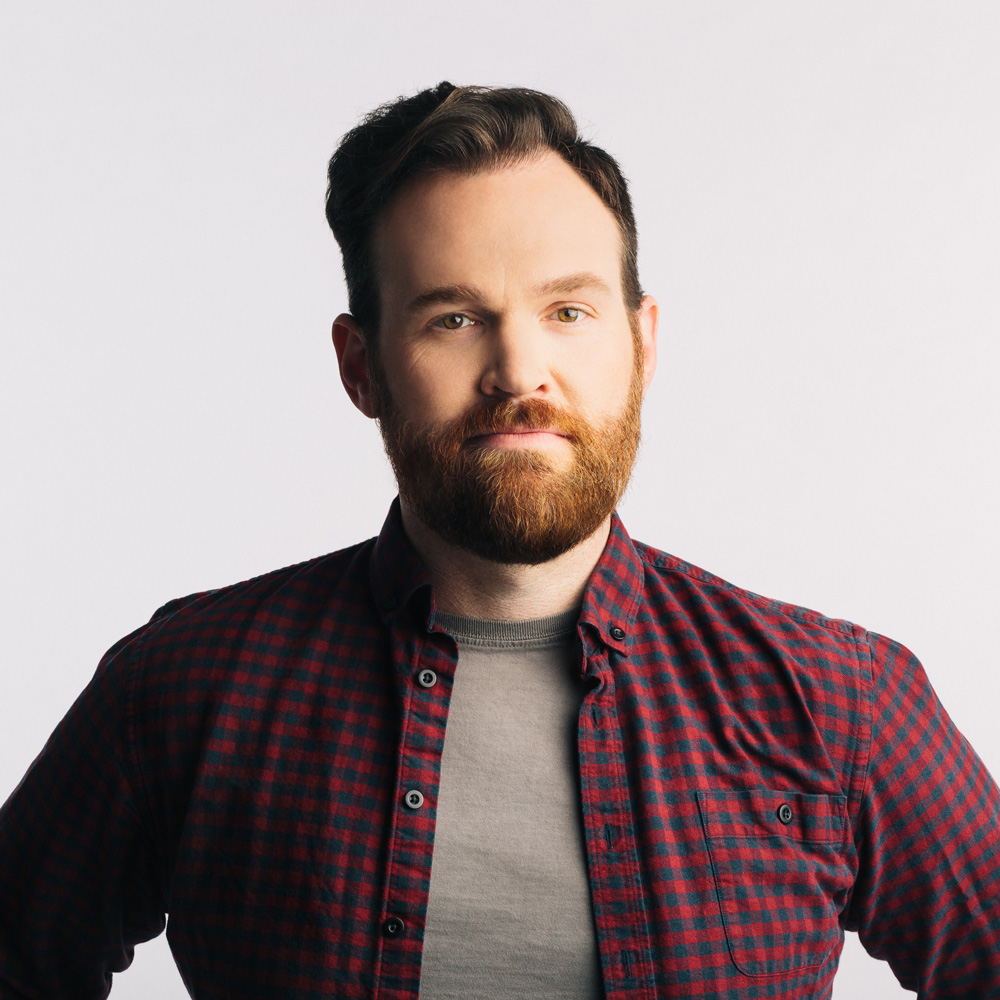We work with purpose-driven organizations to fuel their success through holistic brand strategies, compelling stories, stakeholder engagement, experience design and powerful community-building tools.
How do you create value? For whom? What are the experiences and stories that really connect with the people that matter most to your success? We’ve been collaborating with clients to tackle these essentials since 2009. Our tools: research and strategy, adaptable design systems, and smart implementation tools to sustain our clients successes for years to come.
Understand what your stakeholders care about
Articulate what makes you the smart choice
Create unique identifiers for who you are
Pinpointing how to make the most impact
Communicate how you work with smart content & tools
Our Team
Peter Francey
Jeannette Hanna
Paul Hodgson
Stephen Weir
Blair Francey, M.A.
Lily Chau
Musings
Post-Secondary educators across North America are bracing for a wildly unpredictable 2020-2021 academic year, buffeted by myriad learning, teaching, health and economic challenges. Yet, while these immediate, pandemic-driven trials preoccupy most administrators’ attention, the upheavals of 2020 have also accelerated dynamic forces that will stress test the mettle and creativity of higher learning in even more surprising ways.
Corona, the pandemic, is turning our world upside down – at least the parts many believe to be the most…
The Placebrand Observer: How to Integrate Placemaking and Branding Through Experience Masterplanning
https://placebrandobserver.com/experience-masterplanning-how-to-guide/ In this How To guide, learn how Experience Masterplanning can help create better places through integrating placemaking and place…
Closer collaboration between placemaking and place branding is the argument presented in this guest post by Malcolm Allan, Jeannette Hanna…
Perhaps it’s her journalism training that drives Jeannette’s obsession with the stories of organizations and places. As co-author of Ikonica,…
Jeannette Hanna of the strategic brand agency Trajectory in Canada, in this interview touches on the intertwined destiny of the…
Land Acknowledgement
Trajectory operates out of Toronto, Ontario which is located on sacred land that has been a site of human activity for over 15,000 years. This land is the traditional territory of the Mississaugas of New Credit, the Anishinaabe, the Haudenosaunee, and the Huron Wendat. We acknowledge these Nations (and any other recorded or unrecorded Nations who cared for the land) as the past, present and future caretakers of this land named Tkaronto, “Where the Trees Meet the Water,” “The Gathering Place.”
Today, the meeting place of Toronto is home to many Indigenous people from across Turtle Island, and we are grateful to have the opportunity to work in the community, on this territory.
We encourage all people to become more actively involved in understanding why Land Acknowledgements are important, but also Indigenous histories and contemporary issues in the places where they live and work.
In Canada, the University of Alberta offers a free online course that “explores key issues facing Indigenous peoples today from a historical and critical perspective highlighting national and local Indigenous-settler relations.”









